Let's stop talking about a democratic block in Serbia
Monday, 21.05.2007.
16:40

Let's stop talking about a democratic block in Serbia
What is it? It is the so-called "democratic block" in Serbia. It is also, at best, a term with no real meaning and at worst, a major source of misunderstanding and misconception in the West about the Serbian political scene.This terminology has absolutely no impact in Serbia, itself, of course. Because all Serbs have a very good understanding of what each of the parties in Parliament stands for and what their respective goals are. But, unfortunately, it has a lot of resonance with those outside of the country having only a simplistic understanding of what is going on there.
Consequently, Western governments and the media issued repetitive "congratulations" that "the democratic block" in Serbia had formed a coalition and beat back the efforts of ultra-nationalists to come to power. Moreover, there is no question that leading countries in the West had put a lot of pressure on the leaders of the parties in this so-called "democratic block" to form this coalition and that there were a lot of direct or indirect promises of assistance and support which would be forthcoming in the future once it was in place.
What they fail to understand is that there is no anti-democratic block in Serbia and thus there can be no "democratic block" to oppose it. Virtually all of the parties in the Serbian Parliament have actually, more or less, behaved democratically over at least the past seven years. All have participated in elections, accepted the results, engaged in Parliamentary debates, and operated within the guidelines of democracy.
The problem with the Radicals and Socialists is not that they are not "democratic," it is in other elements of their policies. In fact, where those parties have been in power in local governments, they have not acted less democratically than anybody else.
The recent episode of the election of Toma Nikolic, acting head of the Radical Party, as Parliamentary Speaker is a case in point. In every way, he behaved according to democratic principles both in his election and in the way he stepped aside and did not put parliamentary obstacles in the way of formation of the now-ruling coalition. He actually came across in a better light than many of the "democrats" who elected him in the first place.
If one wanted to question the commitment of respective parties to "democracy," it is actually some of the parties in the so-called democratic bloc that have the most to answer for. After all, it is within these parties that there have been boycotts of at least two Presidential elections; delays of more than three months in forming a governing coalition; efforts made while in power to pressure the independent media; fights in Parliament over accrediting and discrediting Parliamentarians and finally, the "Bodrum" scandal, which helped to bring down the Zivkovic government.
The problem, however, is not simply semantics. By shaping the debate into a "democratic bloc" versus others, it implies that the West should obviously provide full support for the "democrats" as well as expecting those democrats to fully support Western values and goals.
Moreover, it leads the Western governments to exert tremendous pressure on the parties in this grouping to come together in a coalition, even though long experience has shown that it is actually like putting round pegs into square holes. There is no way that this coalition, with its different political standpoints and venomous personal relationships can ever hope to operate effectively.
The key to understanding political parties in Serbia is actually very simple. All one needs to do is to consider how each would answer one basic question: what is the number one priority of your party in Serbia in the coming five-year period? I believe that the Democratic Party (DS/Tadic), G17+ (Dinkic), and the Liberal Democratic Party (LDP/Ceda Jovanovic) would respond that the most important step is to move Serbia as quickly as possible to full membership in the European Union and therefore to become a "normal, respected" member of the International Community.
They would see the major challenge facing Serbia today would be changing mindsets within the country in order to bring this about.
The Radical Party and the Socialist Party would probably answer something to the effect of maintaining the independence and territorial integrity of Serbia; defending the rights of Serbs everywhere; and vigorously combating efforts by outsiders from the West to interfere in Serbian internal affairs.
Push them a little and they will even start talking of "Greater Serbia." They are intensely suspicious of anything coming from the Western direction, whether it is investment, advice, or assistance. The New Serbia Party (NS/Ilic) has as its goal staying in power at all costs and reaping the rewards for doing so. As far as I can tell, this is the extent of their ideology.
The key to Serbian politics remains the Democratic Party of Serbia (DSS/Kostunica). Psychiatrists are fond of the "Rorschach test," whereby they show patients random, indecipherable shapes and ask them to describe what they see. The responses of the patients reveal their own character. So it is with the DSS. Everybody sees exactly what he or she wants to see.
For those of the radical persuasion, Prime Minister Kostunica is a "nationalist lite." For Western countries he is a "democrat" who creates difficulties from time to time, but can be "worked with." For those in the DS and LDP, he is a mortal enemy who has blocked their reform efforts at almost every turn. To give the Prime Minister his due, he has perfectly positioned his party in the very center of Serbian politics. It is the lynch pin without which the whole structure comes tumbling down.
Prime Minister Kostunica and President George Bush share one thing in common: both believe that god or fortune or fate has placed them in their respective positions at a critical time and it is their "mission" to dedicate themselves to one fundamental issue. For President Bush, it is the War on Terror. For Prime Minister Kostunica, it is saving Kosovo as part of Serbia.
And so, getting back to my original question about the goals of each of the Serbian political parties, for the DSS and its leader, Vojislav Kostunica, it is to maintain Kosovo as part of Serbia at all costs. On this important question, he is very closely aligned with both the Radicals and the Socialists.
This is the explanation as to why the DSS could actually vote for Toma Nikolic as Speaker of the Parliament, why the possibility of a minority government supported by the Radicals and the Socialists was real, and why in the end, we still might either see this sort of government or one that actually includes Radicals or Socialists.
While all of us might wish it were not so, the reality is that Serbia's future will depend almost entirely on how it reacts to events in Kosovo over the next year. And on this critical question, Prime Minister Kostunica will side far more with the Radicals and Socialists than the partners in his coalition. This is what the West needs to understand and why we all need to throw the term "Democratic Block" in the dustbin of history immediately.










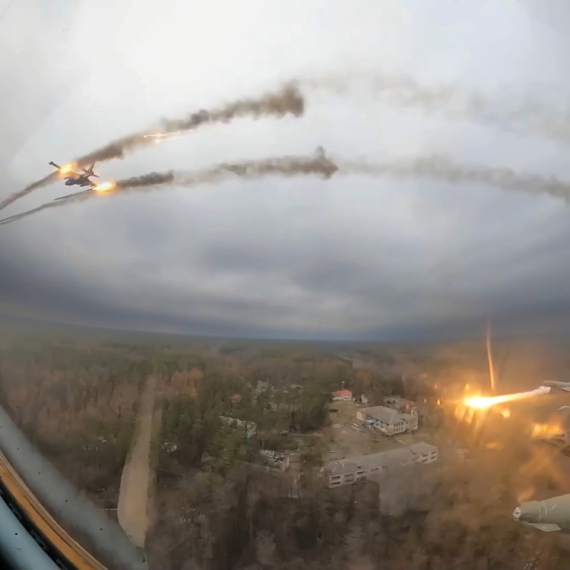

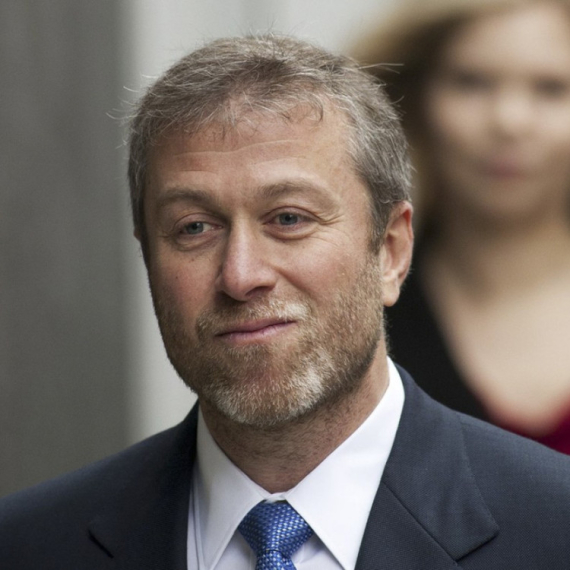
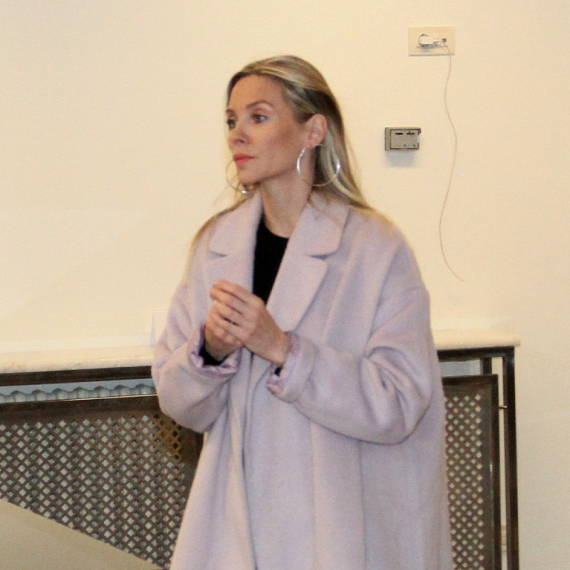


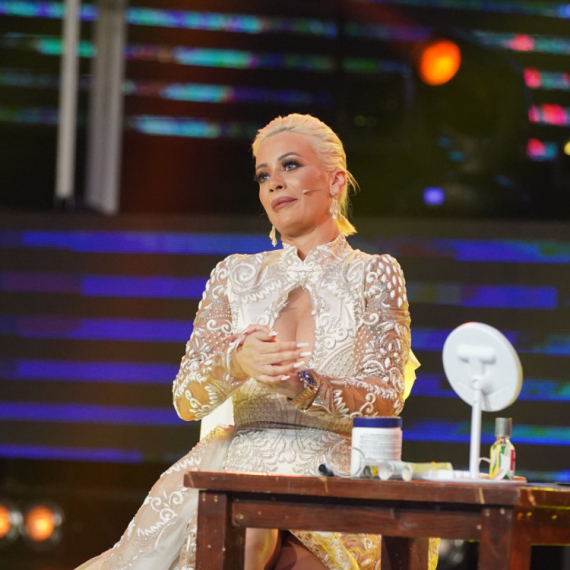
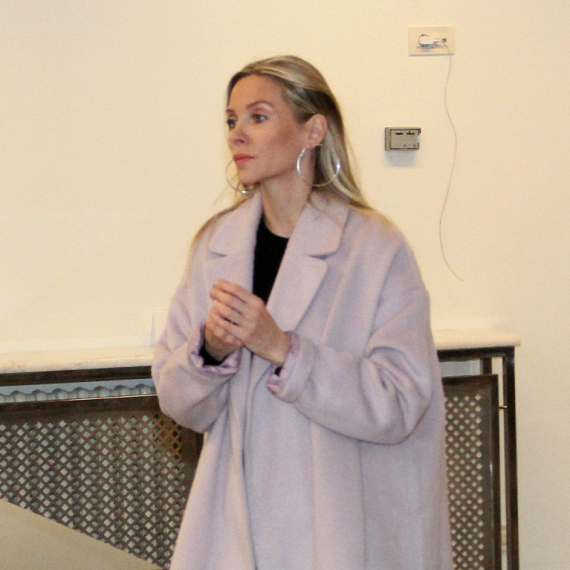



























Komentari 13
Pogledaj komentare